Bokeh was definitely one of those techniques that intrigued me when I knew nothing about photography. Bokeh is a term that comes from the Japanese word boke meaning blur and is used to refer to a certain amount of aesthetically pleasing blurriness that happens in “in the background” of your photographs.
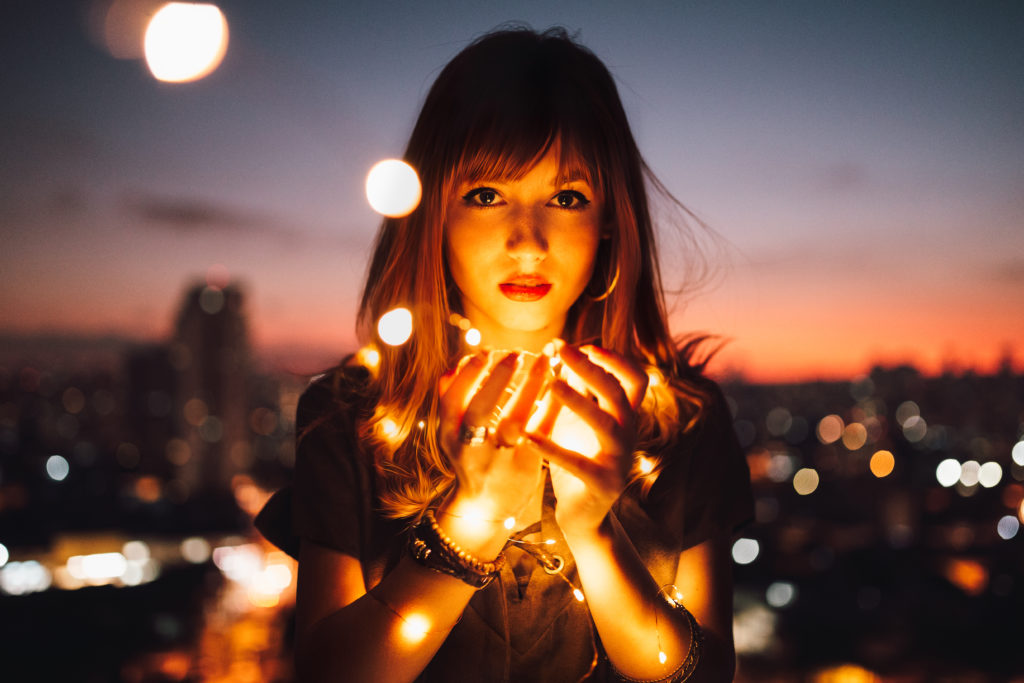
Blur doesn't always happen in the background of your photographs. The best way I can explain this phenomenon to my students is by doing a simple exercise that only requires your eyes and your finger. Stay with me!
By placing your finger close to your eyes and by focusing on it, you'll notice how your eyes open wider, and everything beyond your finger starts to become blurry as you focus on your finger – like what we achieve when we increase our aperture, decreasing the depth of field. And the opposite, by focusing on a distant object, you'll instinctively squint in order to focus better on the distant elements, controlling the light entering your eyes, and that blurriness disappears from your sight.
Bokeh Is All About Aperture
Ok, but what does all this mean…
SO…in the simplest terms…use the largest aperture (smallest f-number) available on your lens. A large aperture decreases depth of field, dramatically isolating focus on a narrow part of your subject. Everything surrounding this focal point will be blurred, thus creating bokeh.
Keeping in mind the “finger experiment” here's how it's done.
Quick Tips: How To Achieve A Blurry Background
Here are the fundamental steps for blurry backgrounds:
- Extend your zoom lens to its longest focal length
- Get as close to your subject as possible while keeping them/it in focus
- Keep the background as far away as possible
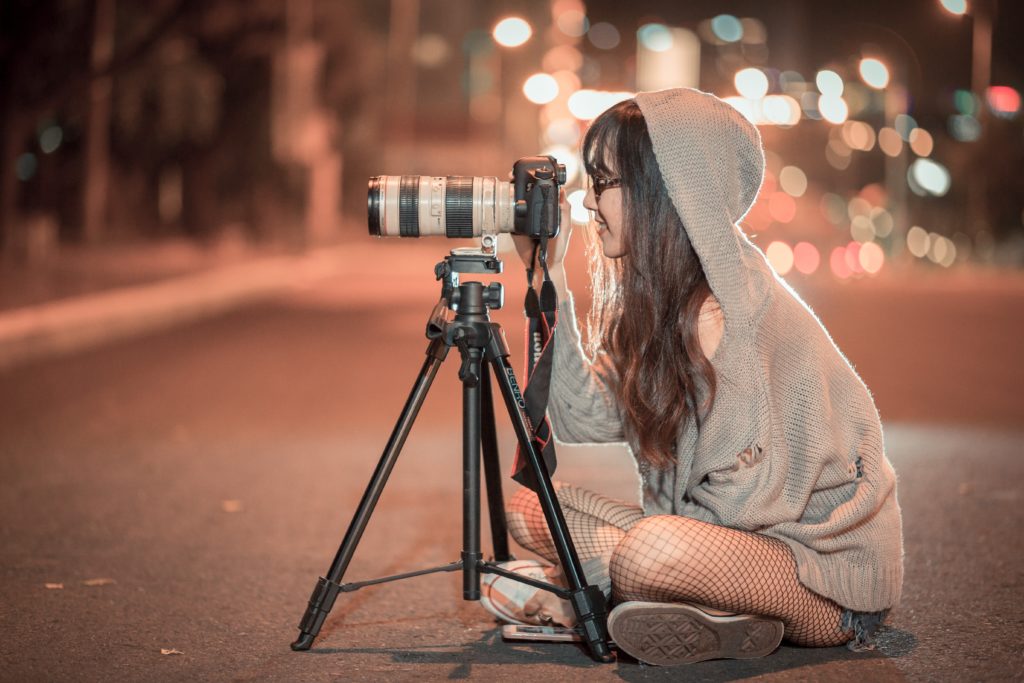
After understanding that bokeh has more to do with the technicalities of distance and depth of field instead of just some random, beautiful effect, I became aware of one simple yet important question, how much blur is enough?
So, How Much Blur Is Enough?
Well, it will depend on the purpose of your photographs. Background blur is a beautiful thing to achieve, but it shouldn't appear in every single photograph. For example, I love doing street photography, and I like having some context in my photographs. Therefore, blur or bokeh is not something I pursue on the streets. But it is something I really look for when taking portraits. For portraits, I love using a 50mm f/1.4 lens and a 100mm f/2.8 lens because they enable me to separate the subject from the background.
But remember – bokeh won't mask poor technique! Honestly, I tell my students…think of an interesting subject first, then make sure you have an impactful composition and after you have these elements in place…think about bokeh.
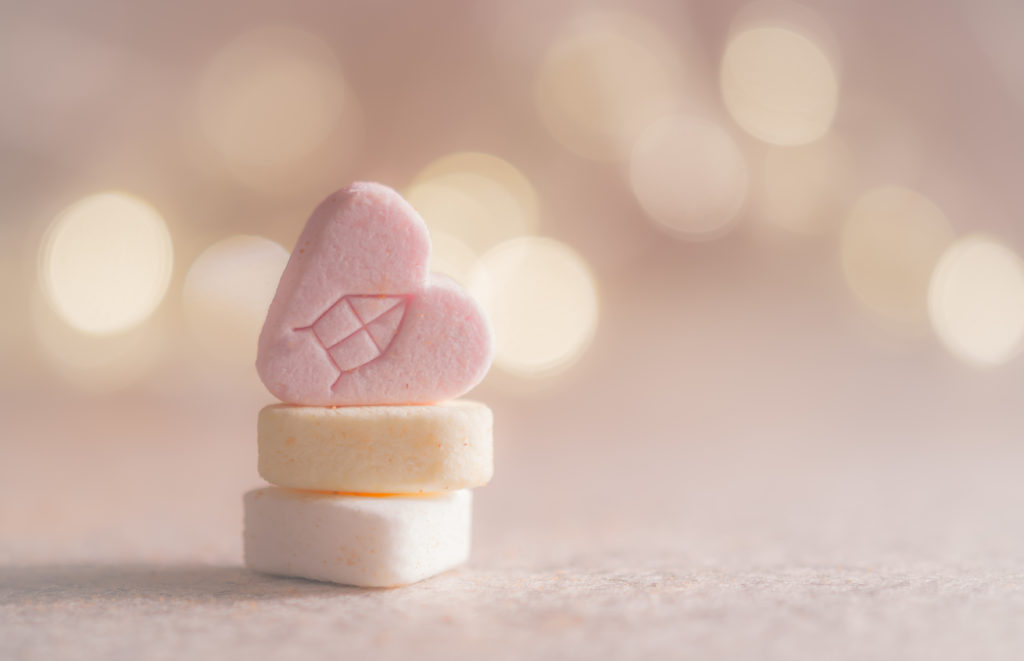
As always, photography is all about experimenting. By getting out there you'll find what amount of bokeh works best for your photographs. You'll start to consider the details that you want in your photographs, and you'll start to figure out how much blur is enough.
It is all about your creative vision, once you master beautiful bokeh.



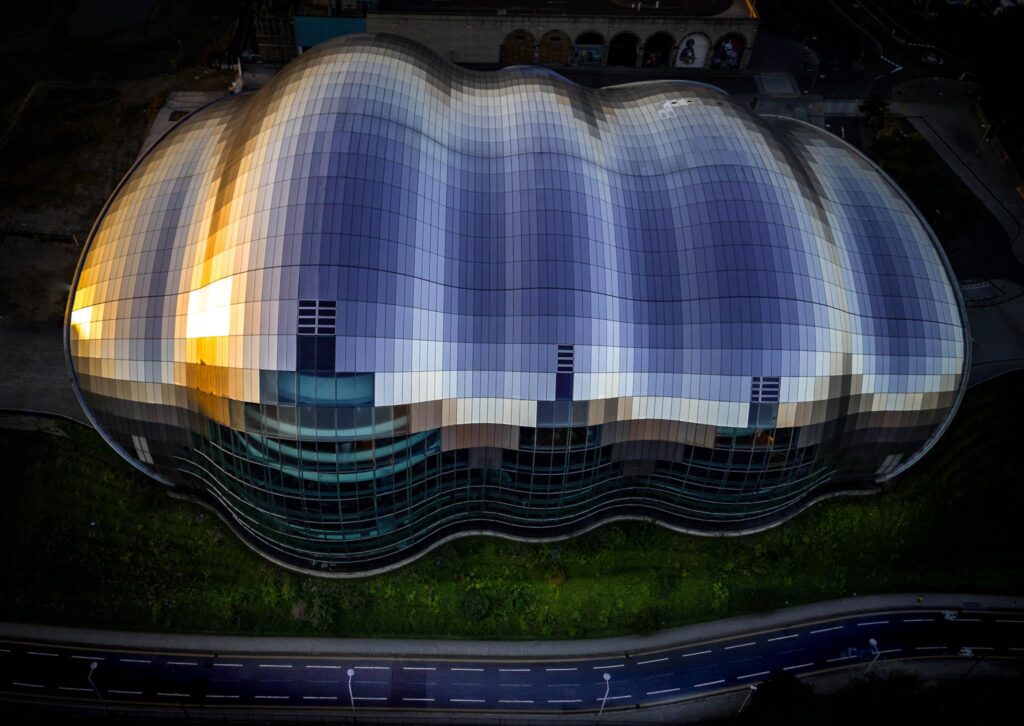
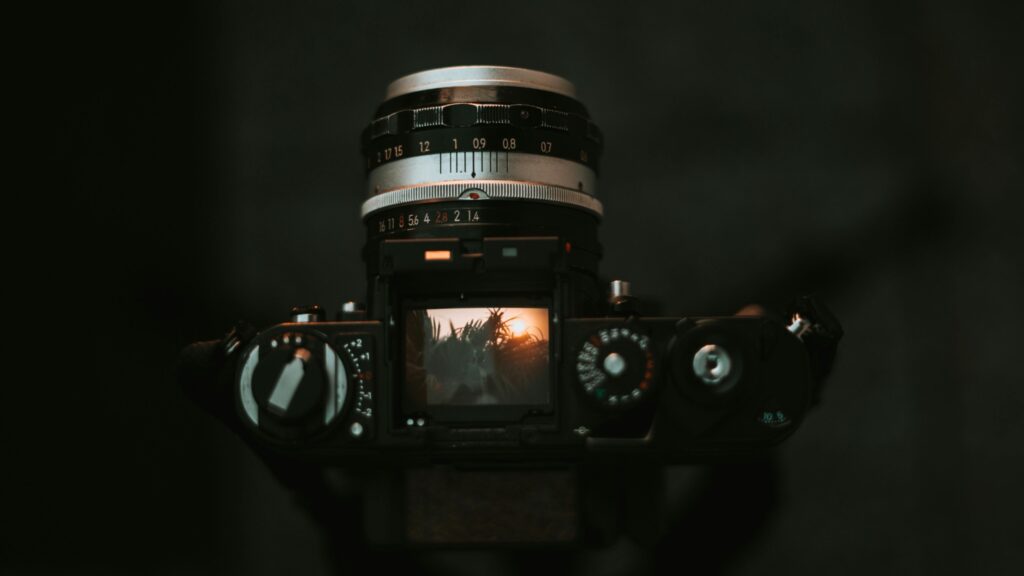


3 Comments
“boke” does not mean “blur” in japanese. i know, i’m japanese. if it did, people would just call it “blur.”
and it’s not derived from “boke.” it IS boke. it’s a loanword.
What does this mean: 暈け or ボケ
?
ボケ味